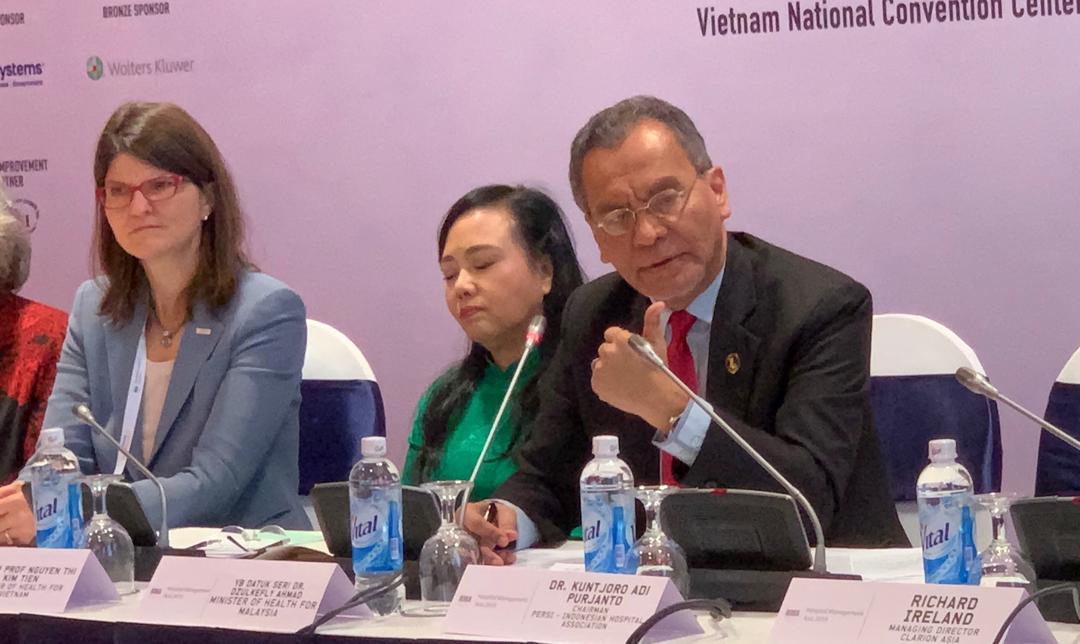KUALA LUMPUR, Sept 13 – Health Minister Dzulkefly Ahmad has promised to reform Malaysia’s tax-financed health system into a single-payer system that still allows citizens to choose between public and private care.
However, the minister did not specify if he was talking about creating a social health insurance system in Malaysia, a tricky subject that current Pakatan Harapan (PH) leaders once opposed back when the previous Barisan Nasional (BN) administration tried implementing it.
In a speech during the Hospital Management Asia 2019 conference in Hanoi, Dr Dzulkefly said that he is looking to initiate a joint regulatory review of private health care made up of health professionals, health providers of both hospitals and clinics, financing institutions and as well managed care organisations (MCOs), and health insurance.
The reform is aimed to strengthen the alignment and harmonisation of regulations, identify and address gaps and weaknesses in both regulatory instruments, the capacity of regulators, and mitigate real or perceived conflict of interest in the private health care sector that is perceived to be profit-driven.
“All the more now, that must be put in place of the regulatory and value-based health care practices and this is how we would be able to handle and address all these negative perception and more importantly, within my reform, to dismantle this [dual]-construct of public and private.
“In the final analysis to deliver a health care system, with a one-payment kind of a system that will allow the citizen to have a choice and values both public and private together,” Dzulkefly said last Wednesday at the plenary session of the conference.
A single-payer system means health spending is primarily made by the government, rather than the current multi-payer system that sees health care payments made by the Health Ministry, the Education Ministry, other federal agencies, private insurance, corporations, and people’s own out-of-pocket payments among others.
Various health care providers like general practitioners, pharmacists, and hospitals have urged PH to introduce national health insurance to cover rising health costs, but the previous BN government’s proposed 1Care model had received massive public opposition over claims that employees and business would be required to contribute 10 per cent of their monthly income.








